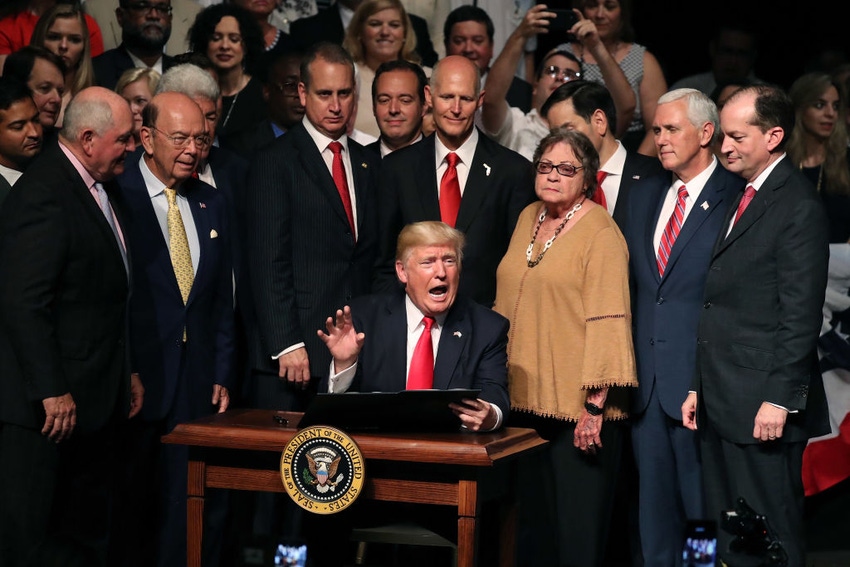June 16, 2017

President Trump is changing the U.S. policy toward Cuba.
A summary of key policy changes:
Economic activities are channeled away from the Cuban military, including most travel-related transactions. The policy change is intended to encourage American commerce with free Cuban businesses and pressure the Cuban government to allow the Cuban people to expand the private sector.
Travel for non-academic educational purposes will be limited to group travel. The self-directed, individual travel permitted by the Obama administration will be prohibited. Cuban Americans will be able to continue to visit their family in Cuba and send them remittances.
The statutory embargo of Cuba is reaffirmed. Regular reporting of Cuba's progress toward greater political and economic freedom is mandated.
Any future improvements in the U.S.-Cuban relationship will depend entirely on the Cuban government's willingness to improve the lives of the Cuban people.
The Treasury and Commerce Departments are to begin the process of issuing new regulations within 30 days. The policy changes will not take effect until those departments have finalized their new regulations, which take several months.
Trump wants to achieve four objectives with the policy changes:
Enhance compliance with United States law, in particular the provisions that govern the Cuban embargo and tourism ban.
Hold the Cuban regime accountable for oppression and human rights abuses.
Further the national security and foreign policy interest of the United States and those of the Cuban people.
Lay the groundwork for empowering the Cuban people to develop greater economic and political liberty.
The announcement was expected, as the Trump administration earlier this week indicated it was going to follow through on a campaign promise to roll back the loosening of trade restrictions with Cuba that began under the Obama administration.
The U.S. Grains Council said the administration's actions will make it more difficult to trade with Cuba, but it will continue its efforts.
“In the first eight months of this marketing year, Cuba purchased more than 250,000 metric tons (9.8 million bushels) of corn from the United States, about 30% of their total demand," said CEO Tom Sleight.
“Cuba has historically been a 900,000 metric ton (35.4 million bushel) corn market; based on recent export sales, it would be our 11th largest customer if we could capture that demand," he said. "Free flow of grain to Cuba could also help us capture sales to the Dominican Republic and even Puerto Rico, an estimated $315 million in lost demand each year."
“In the past two years, our work in Cuba and with Cuban grain buyers has shown us that the only hindrance to progress there is U.S. policy," Sleight said.
“We urge the administration to exercise caution in rolling out any new restrictions on doing business with Cuba that would limit our agricultural export opportunities," said American Farm Bureau Federation president Zippy Duvall. "We should be doing more, not less, to encourage U.S. agricultural exports to Cuba. Our farmers and ranchers and the Cuban people would benefit from increased sales of high-quality, American-grown food and feed."
Source: White House, U.S. Grains Council, AFBF
You May Also Like




